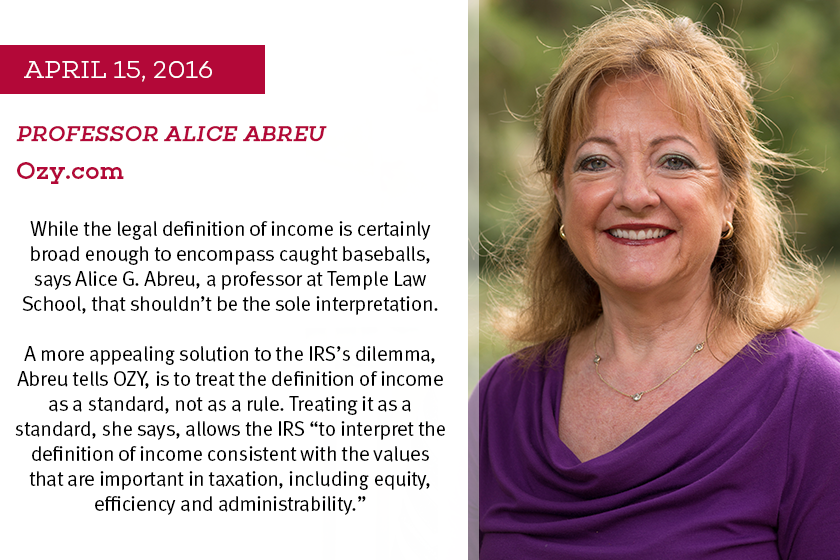Tax gets a bad rap. For many people, including law students, tax is often thought of as: too boring, too complicated, too mathematical, too volatile, and too arcane. It is also thought to be too much like accounting, relevant only for the rich and their advisors who help them keep as much of their money as possible. What’s more, the suggestion that there might be an interesting tax lawyer is an oxymoron, and popular media depictions of tax lawyers are limited to white men: Tom Cruise in The Firm, Michael Tucker in L.A. Law and Paul Newman in The Young Philadelphians. Viola Davis plays a lawyer on TV and Julia Roberts has played one on film, but neither has been a tax lawyer. That tax can be complex is undeniable, but the rest of the stereotype misses the breadth of the tax law and the ways in which it can be a concrete and succinct expression of social policy. Indeed, the tax system is now a cornerstone of the contemporary social safety net. For nearly …






